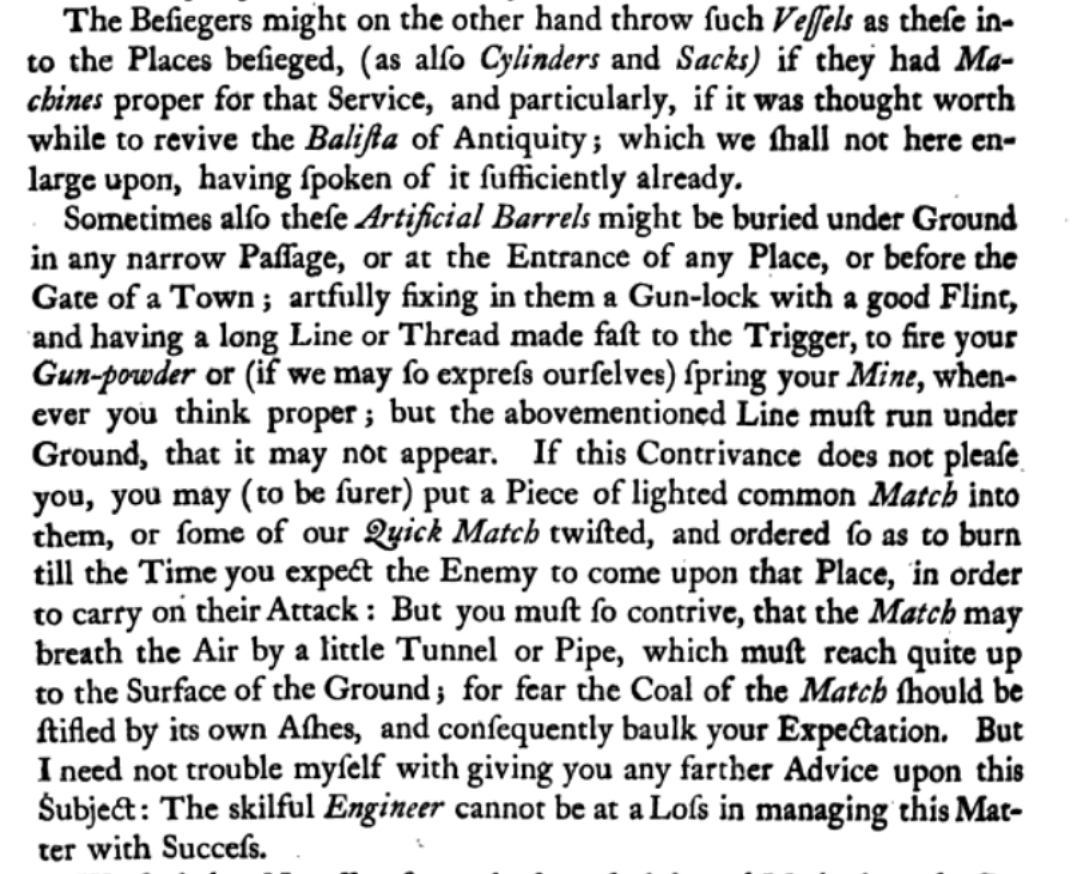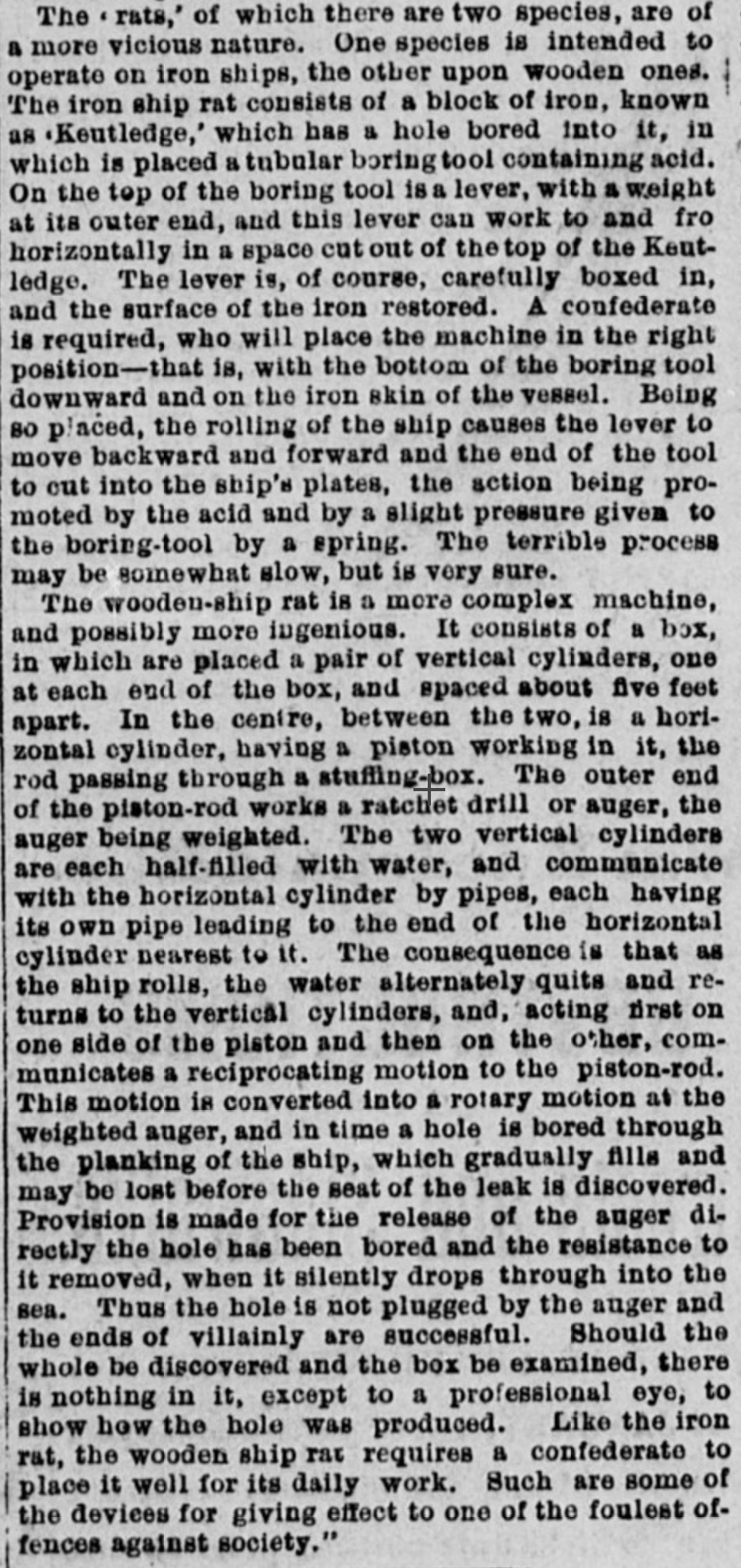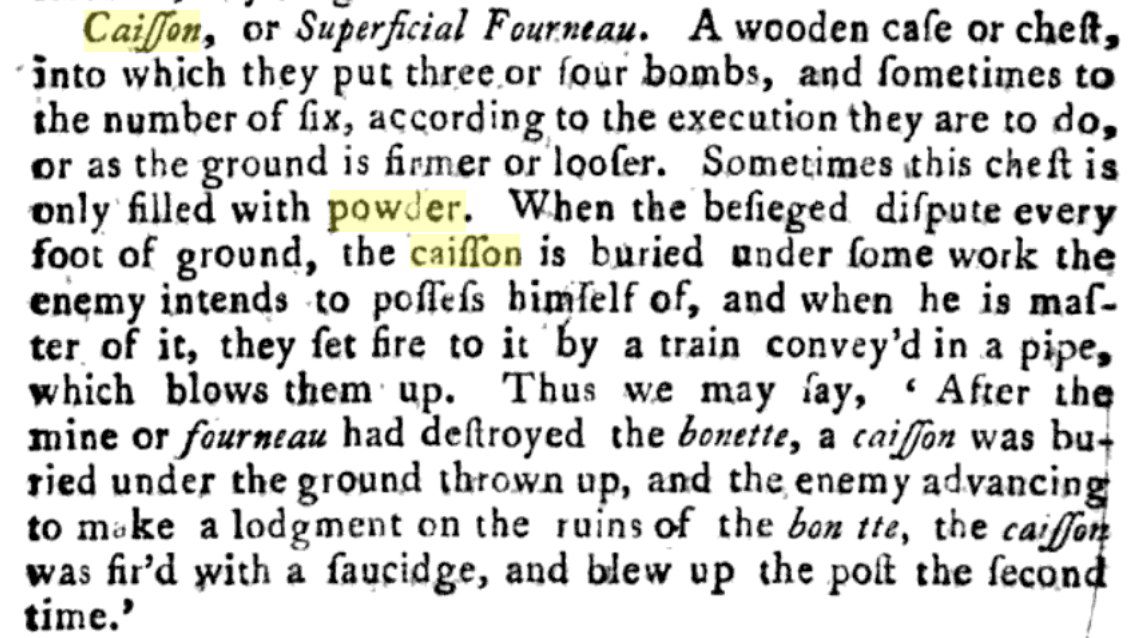Last night I enjoyed the inaugural US-UK EOD gala dinner, raising money for EOD related charities on both sides of the Atlantic. US Ambassador Matthew Barzun gave a great speech. The theme of the night was the shared challenges of the EOD community and the transatlantic bond that is so powerful between the EOD communities. I related this story to the audience which perhaps deserves wider understanding:
In 1933 a young American man, named Draper Kauffman, graduated from the US Naval Academy in Annapolis. He was the son of an Admiral. Despite his father’s position, at the time the US Navy was shrinking because of the economy and he wasn’t offered a commission because of poor eyesight. Instead, this adventurous young man left to seek employment in Europe for a shipping company. When war broke out in 1939, being a determined and ethically driven individual, he joined the American Volunteer Ambulance Corps and was captured by the Germans as they invaded France in 1940. He was released and went to England (after being awarded, I think, the Croix de Guerre by the French) where he joined the Royal Navy Volunteer Reserve and trained in bomb disposal, serving during the Blitz in London.
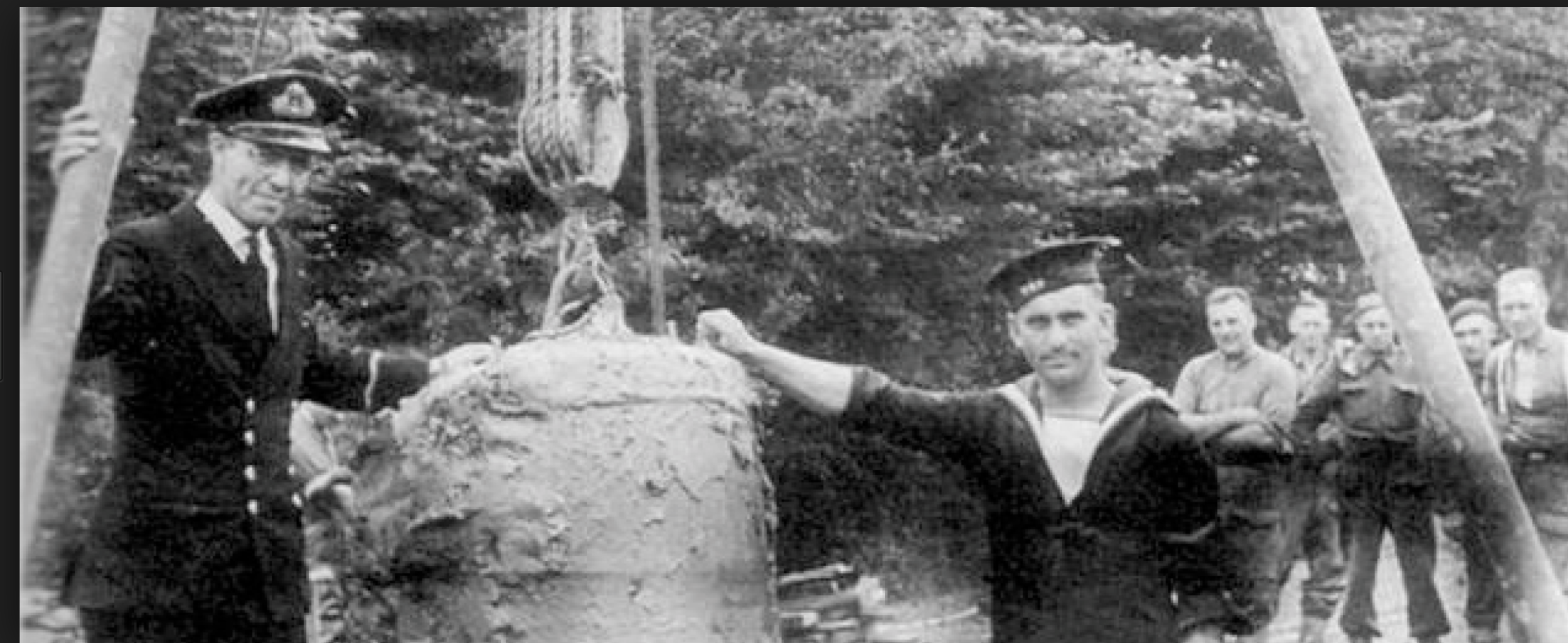
Draper Kauffman in RNVR Uniform with a German Mine
In 1941 he returned to the US and obtained a US Naval Reserve commission. When Japan attacked Pearl Harbor and the US entered the war, there was a problem with an unexploded Japanese 500-pound bomb just outside the doors of an ammunition storage compound in Fort Scofield, Hawaii. The US Army in Hawaii requested advice from Washington, who in turn asked Great Britain. The response was a little brief – “Try Lt Kauffman, we trained him, he’s experienced and he works for you now!”. Kauffman was sent to Pearl Harbor. There he won the Navy Cross for his EOD efforts defusing the first Japanese bomb for subsequent techncial study. Kauffman returned to Washington and because of this experience he was asked to urgently establish an EOD Training School. His first action was to request 4 British EOD instructors which the UK managed to provide despite the huge pressures on that profession at the time, where the life expectancy during the Blitz had been a lttle over two weeks.
He later earned a second Navy Cross in the Pacific theater in Saipan leading his team in a daylight reconnaissance of fortified enemy beaches under heavy fire. He retired as an Admiral having set up the US Navy Underwater Demolition teams. That’s a military career that is impossible to match.
When I related that story, my friend Ken Falke shouted “Go Navy!”. My only reply, of course, was “Go Royal Navy Volunteer Reserve!”.
Both communities, British and American, are proud to follow the footsteps of Draper Kauffman.
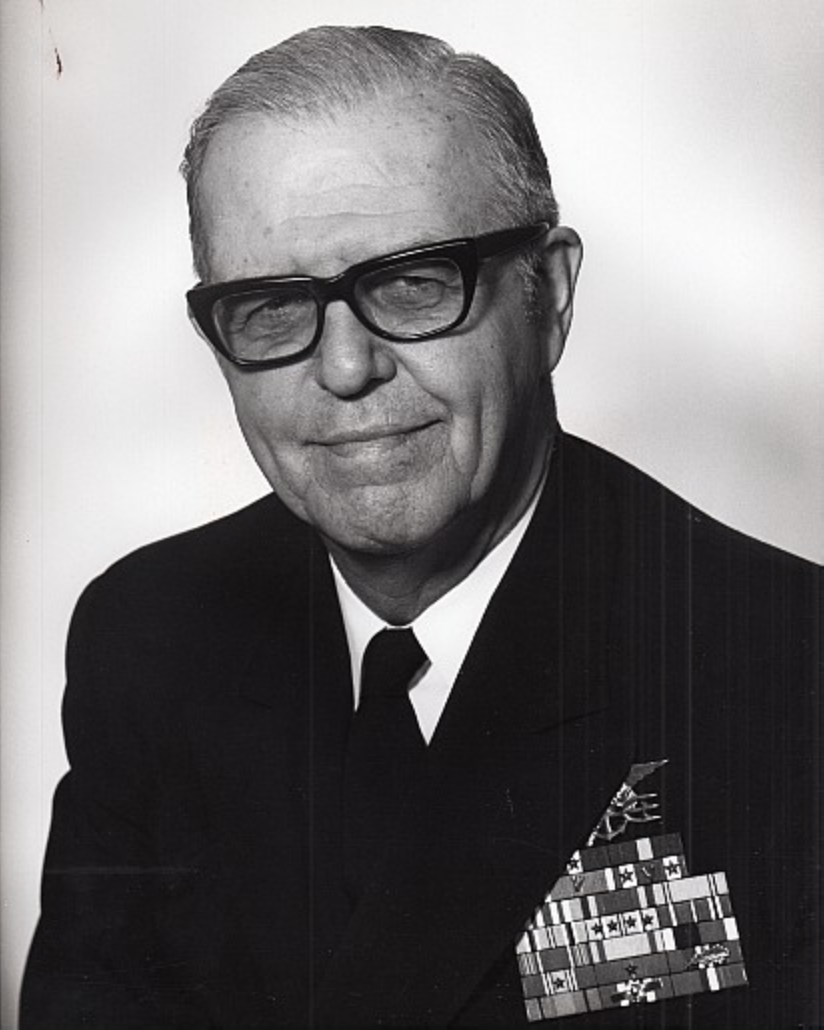 Rear Admiral Kauffman USN
Rear Admiral Kauffman USN

